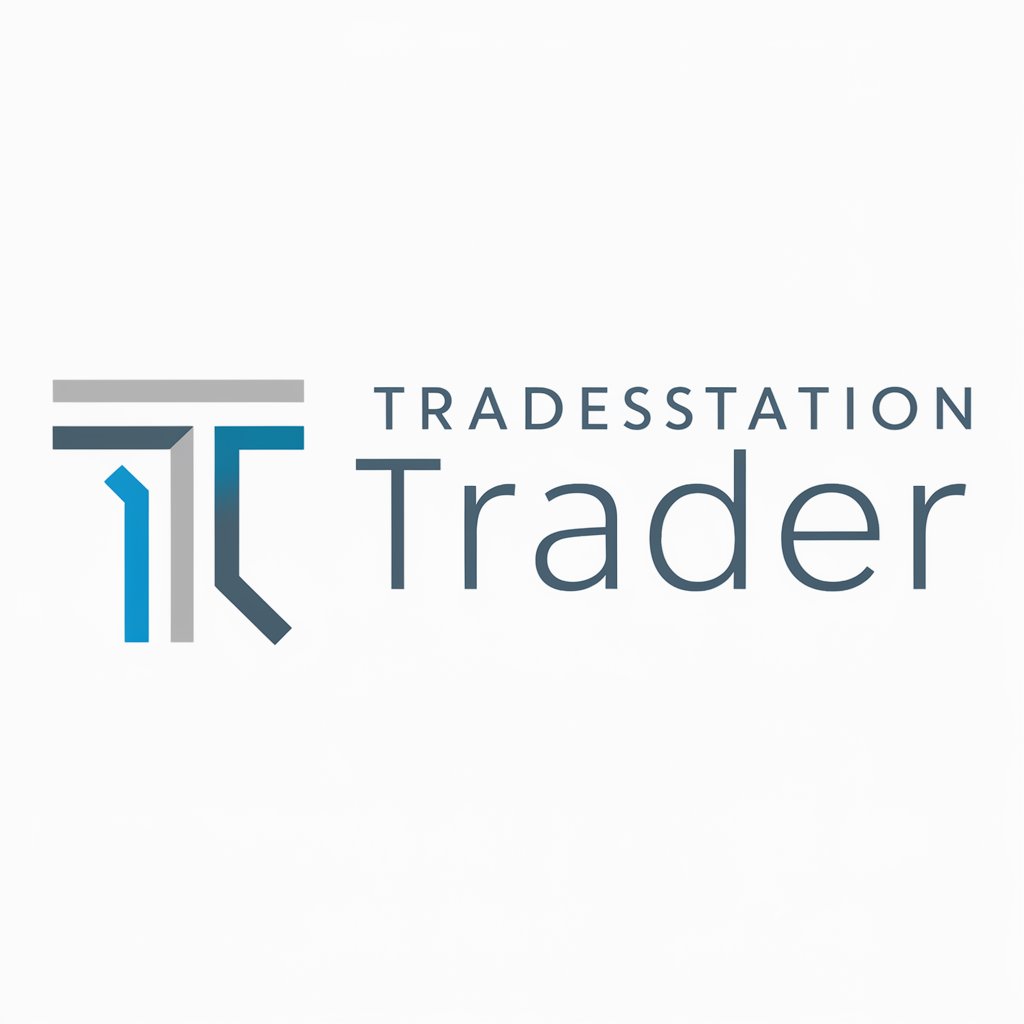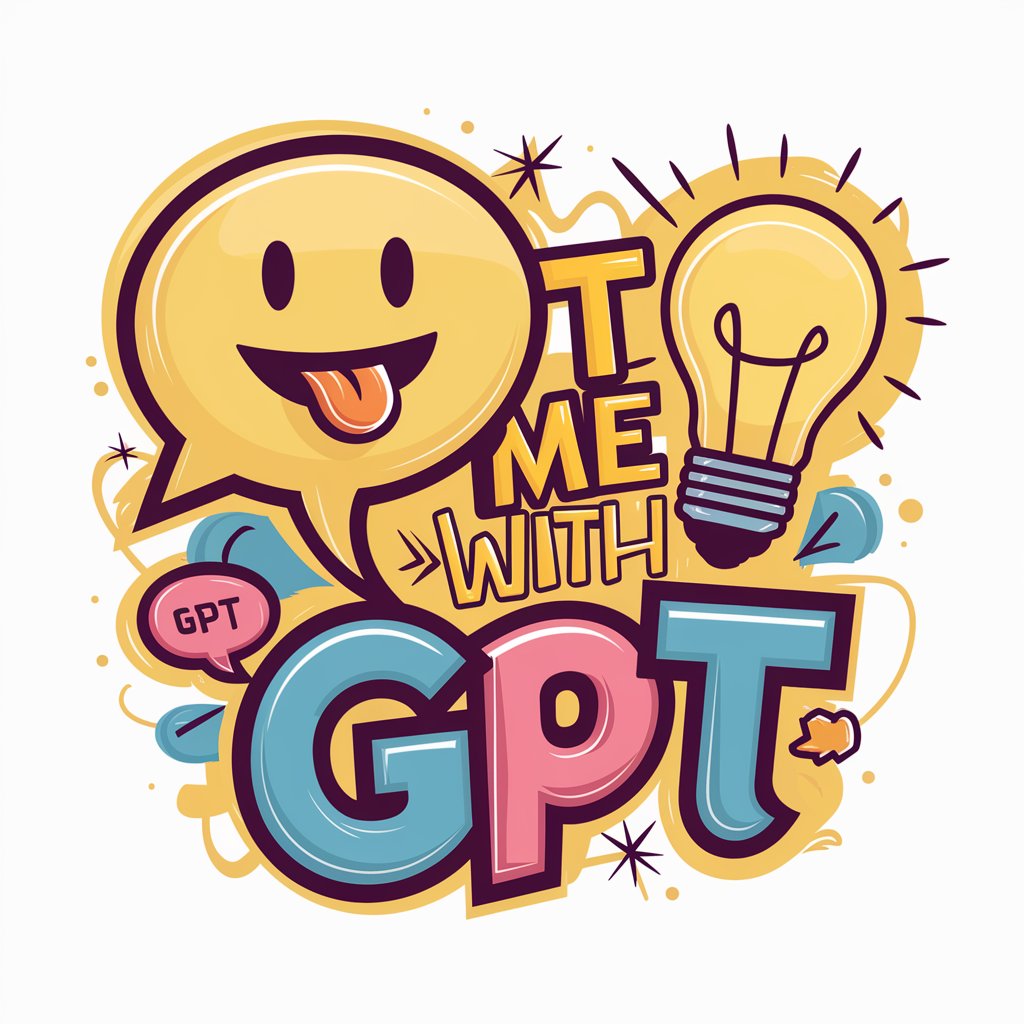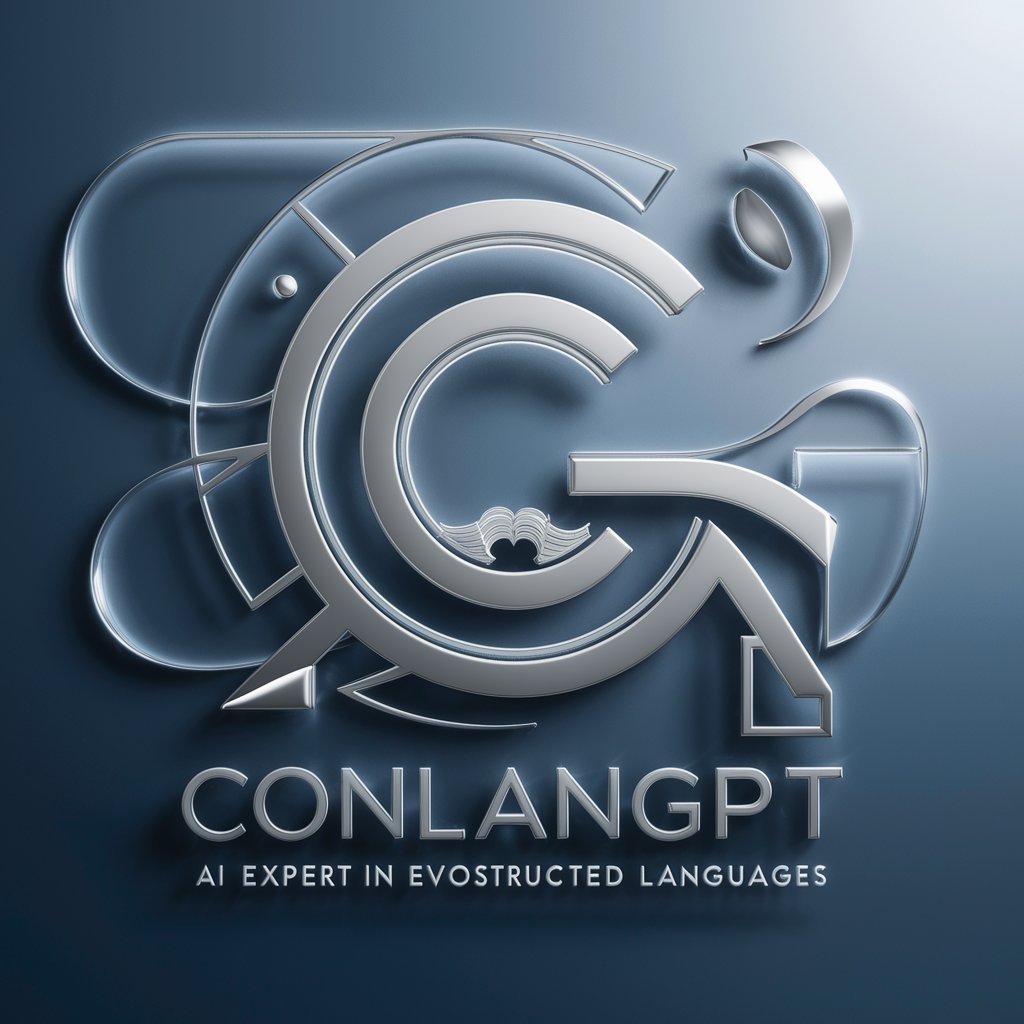
Tradestation Trader - EasyLanguage Trading Tool

Hello, how can I assist you with your trading strategy today?
Empowering Traders with AI-Driven Strategies
Can you help me write a script in Easylanguage for...
I need assistance with creating a trading strategy using OOEL that...
How can I optimize my Tradestation platform to...
Could you explain how to backtest a strategy using Easylanguage?
Get Embed Code
Overview of Tradestation Trader
Tradestation Trader is designed to provide technical guidance and support for users of the TradeStation platform, focusing primarily on EasyLanguage and Object Oriented EasyLanguage (OOEL) programming. Its purpose is to assist in the development, testing, and implementation of custom trading strategies, indicators, and analytical tools within the TradeStation environment. For example, a user might be looking to create a custom moving average crossover strategy. Tradestation Trader can guide through the process of coding this strategy in EasyLanguage, demonstrating how to define conditions for entry and exit, set stop-loss levels, and backtest the strategy against historical data to evaluate its performance. Powered by ChatGPT-4o。

Core Functions of Tradestation Trader
Custom Strategy Development
Example
Guidance on developing a volatility breakout strategy.
Scenario
A user wants to create a strategy that enters a long position when price moves above the highest high of the last 20 days, with an exit strategy based on a trailing stop. Tradestation Trader can provide detailed steps on coding this logic in EasyLanguage, including defining the breakout condition, calculating the stop level, and implementing the exit logic.
Indicator Customization
Example
Assistance in creating a bespoke momentum indicator.
Scenario
For traders looking to measure momentum in a way that's not available through standard indicators, Tradestation Trader can offer support in coding a custom indicator. This could involve calculating the rate of change of a security's price over a specific period, then applying a smoothing technique like an exponential moving average to create a unique momentum indicator.
Backtesting and Optimization
Example
Help in backtesting a mean reversion strategy.
Scenario
When a user has developed a mean reversion strategy, they might need assistance in backtesting it against historical data to assess its viability. Tradestation Trader can guide through setting up the backtesting environment in TradeStation, selecting appropriate historical data, defining performance metrics, and running optimization tests to fine-tune the strategy parameters for better performance.
Target User Groups for Tradestation Trader Services
Individual Traders
Individual traders seeking to develop their own automated trading systems or custom indicators will find Tradestation Trader particularly useful. The guidance provided enables traders to tailor their trading approach to their specific needs and preferences, leveraging the TradeStation platform's powerful analytical tools.
Financial Analysts
Financial analysts looking for advanced tools to conduct market research or develop complex trading models can benefit from Tradestation Trader. It offers in-depth support for creating sophisticated analytical tools that can process large volumes of data for better market insights.
Trading Firms
Trading firms aiming to deploy proprietary trading strategies or conduct extensive backtesting on their algorithms will find the services offered by Tradestation Trader invaluable. The ability to customize and optimize trading strategies can lead to improved trading efficiency and performance.

How to Use Tradestation Trader
Start with a Free Trial
Begin your journey by visiting yeschat.ai to access a free trial of Tradestation Trader, no login or ChatGPT Plus subscription required.
Explore the Interface
Familiarize yourself with the Tradestation Trader interface, focusing on the main features such as strategy development, backtesting, and real-time market data analysis.
Learn EasyLanguage and OOEL
Gain a basic understanding of EasyLanguage and Object-Oriented EasyLanguage (OOEL) to effectively create and modify trading strategies within the platform.
Develop and Test Strategies
Utilize the platform's tools to develop, backtest, and optimize your trading strategies, ensuring they are robust and effective in various market conditions.
Engage with the Community
Join the Tradestation community forums and discussions to share insights, ask questions, and learn from experienced traders and developers.
Try other advanced and practical GPTs
TRIZ Hero
Empower Innovation with AI

Text Me with GPT
Elevate Your Reminders with AI

ConlanGPT
Craft Your Language with AI

Cloud Cruncher AI
Making Tech Support Fun with AI

Australian Law
Empowering legal decisions with AI

Parking Pal
Find Free Parking or the Next Best Option, AI-Powered

AiFightBets
Elevate Your Betting Game with AI

Find Best AI Tools - 2024
Navigating AI Innovation with Ease

GPT Finder 🔍🤖 Find the Ideal GPT for Your Task
Find Your AI Match: Tailored GPT Search

Insightful Navigator
Craft Bestsellers with AI-Powered Insights

Crafty Crocheter
AI-Powered Crochet Pattern Creation

Physics
Unlocking the mysteries of physics with AI

Frequently Asked Questions about Tradestation Trader
What is EasyLanguage and how is it used in Tradestation Trader?
EasyLanguage is a programming language developed by TradeStation that allows traders to create custom indicators and trading strategies. It's designed for non-programmers, with a syntax similar to English, making it accessible for traders to automate their trading logic on the Tradestation Trader platform.
Can I backtest trading strategies with Tradestation Trader?
Yes, Tradestation Trader provides comprehensive backtesting capabilities that allow users to test their trading strategies on historical data. This feature helps in evaluating the effectiveness of a strategy before applying it to live markets.
Is real-time market data available in Tradestation Trader?
Tradestation Trader offers access to real-time market data, enabling users to make informed trading decisions based on current market conditions. This feature is crucial for day traders and those who rely on timely information.
How can I optimize my trading strategies on the platform?
The platform includes optimization tools that allow users to test different parameters of their trading strategies to identify the most effective settings. This iterative process helps in refining strategies to achieve better performance.
Are there resources available for learning EasyLanguage and OOEL?
Tradestation Trader provides a variety of resources, including documentation, tutorials, and community forums, where users can learn EasyLanguage and Object-Oriented EasyLanguage (OOEL) to develop and customize their trading strategies.